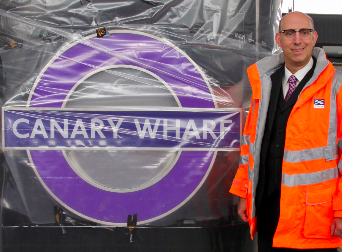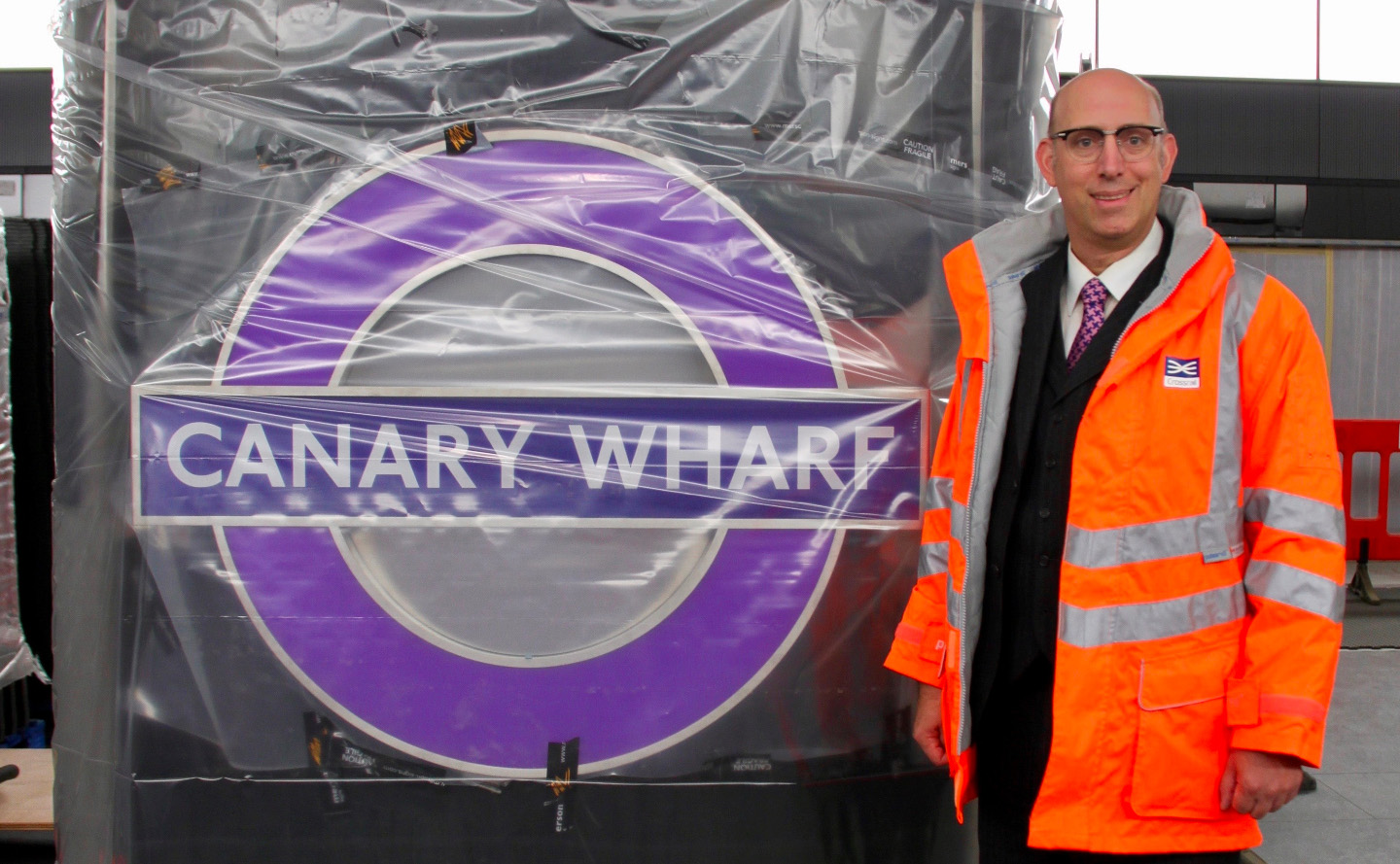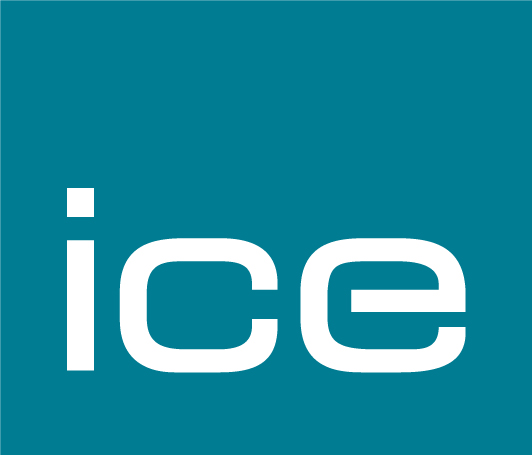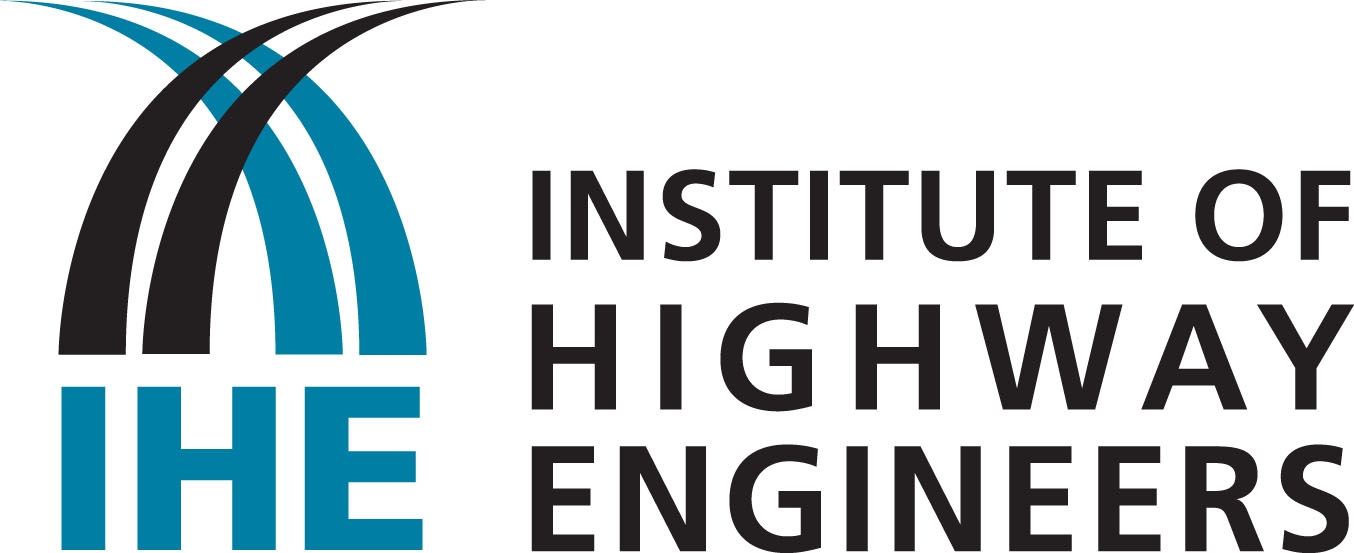MEng (Hons) Civil Engineering
Key information
-
Typical offer:
Entry requirements -
Fees: See below
Full details -
UCAS code: H200
-
Institute code: H36
-
Study abroad option
-
Work placement option
Find out more
Why choose this course?
- 90.1% for overall student satisfaction (NSS, 2023)
- 2nd in the East of England for Civil Engineering (Complete University Guide, 2024)
- The School has over 50 years' teaching experience and a strong international reputation
Build a successful career in civil engineering with the MEng Civil Engineering programme at Herts. Develop technical expertise and practical skills that will make you a highly employable graduate. Study in our new School of Physics, Engineering, and Computer Science which features state-of-the-art experiential learning zones, advanced modelling, simulation, and research labs. Gain hands-on experience in our dedicated concrete, hydraulics, and light structures labs, each equipped with specialist tools to support your learning. The additional master’s year offers deeper insights into civil engineering, along with the opportunity to work on whole-life project designs. Benefit from our strong industry connections to gain expertise and career boosting opportunities.
What's the course about?
The MEng Civil Engineering course is designed to provide the educational base needed to become professionally recognised as a chartered engineer. From the world’s tallest buildings and most spectacular bridges, to airports, highways, hospitals, rail networks and flood defences, civil engineers provide the critical infrastructure that makes our world work. As with the BEng Civil Engineering, you will learn the principles of civil engineering and the latest industry developments, but the extra master’s year will give you a broader, more in-depth understanding of the subject as well as the opportunity of a module that encompasses the whole life design of a project.
Your main campus is College Lane
This is where the creative arts, science and health-related subjects are based. This means you’ll share the campus with future nurses, scientists, artists and more. You can use the common rooms to relax with friends, work out in the 24-hour gym or have a drink in our on-campus pub or cafes. We also have restaurants for you to eat in or grab something on the go. Our Learning Resources Centres are open 24/7, which means you can study whenever suits you best. Want to pop over to the other campus? You can take the free shuttle bus or walk there in just 15 minutes.
New School of Physics, Engineering and Computer Science building now open
Learn in our new state-of-the-art building called Spectra, where you’ll experience a range of experiential learning zones. You will have access to modelling, simulation and research labs, our Merlin Flight Simulator and automotive workshop (complete with electric vehicle facility), wind tunnel, welding bay and controls testing suite.
You will also benefit from our Academic Support Hub, which is aimed at helping you build your employability and academic skills. Plus, have access to industry mentors who will provide you with pastoral support, vocational guidance, and career progression opportunities.
Spectra also provides space to collaborate, with plenty of workshops, social and meeting spaces available. Even better, the building has been designed with the University’s net zero carbon target in mind, and forms part of our plan to replace or upgrade older sites that are energy inefficient.
What will I study?
The School has a reputation for innovation in teaching and learning, where nearly all modules are delivered through a combination of traditional face-to-face teaching and backup tutorial's using the University's StudyNet web based facility. StudyNet allows students to access electronic teaching and learning resources, and conduct electronic discussion's with staff and other students.
A heavy emphasis is placed on theory and practice in the MEng Civil Engineering programme, with case studies, problem-based learning, and hands-on experiences woven into the modules
You will learn to apply the principles of structural engineering, geotechnical engineering, hydraulics and hydrology, environmental engineering, materials, surveying and construction. The latest techniques and developments will be explored, including low-carbon materials and sustainability.
An industry-related project will allow you to take on a specific role, simulating real-world civil engineering work across areas such as highways, fluids, structures, materials, and geotechnics. To enhance this experience, the School uses industrial-standard software wherever possible, including tools like Ansys, AutoCAD, MATLAB, and Oasys.
You'll benefit from research-informed teaching and strong support from personal tutors. The Civil Engineering team has expertise in all topics covered on the course such as soil mechanics, geotechnics, materials, structural design, water-related engineering, highways and traffic. Teaching is complemented by guest lecturers from industry professionals. Our Industry Advisory Group will also help you develop valuable contacts for site visits, case studies, and project ideas.
Year 1 provides an understanding of some of the basic aspects of civil engineering, introducing concepts such as materials, forces in structures, fluid mechanics and surveying.
Year 2 develops the concepts covered in Year 1. You will start to use AutoCAD and build on some of the previous modules to gain a greater understanding of soil mechanics, fluids, structural design, surveying and civil engineering materials.
Year 3 brings together the knowledge you have gained, to work on your individual project and a civil engineering related group project. There is also a focus on some specific aspects of civil engineering such as highways and flood management.
In your final year (Year 4), you will cover data and technologies specifically relating to civil engineering. You will look at environmental policies and governance and work on the whole life design of a specific project.
Assessment includes open-ended elements to encourage out-of-the-box thinking and development of ideas and innovation and is based on real-life industry scenarios.
Check out our student blogs

Student Blogs
Gyan - Week at a glance
My week at a glance
I am currently in the third year of my civil engineering degree and this academic year has been significantly different compared to the previous two years. The course has been divided into six modules across two semesters. Individual major project and group design project each worth 30 credits run throughout both semesters while two added modules each worth 15 credits are covered in semester A and semester B.
My week starts with a group meeting with the client as part of the group design project assessment on Monday mornings at 09:00. So, I usually wake up at around 08:00 in the morning. All my lectures and classes are held in the College Lane campus and are only a few minutes walk from my flat as I live in accommodation halls. Most of my lectures and classes start in the morning although there are some slight changes to the timetable each week. On the days when I do not have lectures or classes in the morning, I go to the Learning Resource Centre (LRC) to do some work as I find myself more productive working in the library.
The lectures are two hours long, and the tutorials and practical sessions are usually about an hour long. Before attending the lectures, I go through the lecture slides whenever possible. I have found this to be especially useful in helping me to get a better understanding of the topic. Additionally, there are various activities in which I actively take part such as presentations, group discussions, quizzes, and mock tests. Every now and then, there are talks and seminars on relevant topics from experts and industry professionals and I try my best to attend these when possible.
As there are fewer lectures and classes this year, I am usually free during 12:00 to 14:00. During this time, I return to my flat to have lunch. Occasionally, I head over to the canteen in the Forum whenever I am feeling too lazy to prepare my lunch. If there are no lectures or classes in the afternoon, I usually spend my time in the library doing an independent study or working with my friends for the group project. We usually do this by booking a group study room in the library where we sit down as a group and work together and prepare for the next client meeting.
After a long day, I usually wind down in the evening. I prepare my dinner at around 19:00 and relax for a few hours before going to bed unless I have some urgent work such as upcoming deadlines for assignments.
Since there are no lectures for individual major project and group design project modules, they require a lot of independent study/research. I give a specific day of the week for focusing solely on my individual project. Each week, I spend some time planning for the week ahead to tackle the overwhelming workload. Depending on my weekly timetable and assignment deadlines, I set out a plan. This helps me to track and check the progress for each assignment as well as make necessary adjustments. I believe proper planning and good time management is the key as completing the assignments can be quite challenging.

Student Blogs
Gyan - Why I love Engineering
Why I love Civil Engineering
Hi, my name is Gyan and I am currently in the third year of my civil engineering degree. Here are some of the things that I love about my course.
First, I love the course itself. Studying civil engineering involves more than just sitting in a lecture room for hours and hours. There are lots of practical sessions and hands-on work. Although lectures are crucial to the understanding of the topic, the practicals and various other activities make it more engaging and I always prefer learning this way as I can put the knowledge into practice.
Studying civil engineering involves a lot of fieldwork and there are many opportunities for site visits which help to broaden my understanding as some of the challenges involved with fieldwork cannot be fully understood through lectures. I also love the fact that I get to travel to various places as part of my course and learn new things. For instance, as part of surveying modules, I had the opportunity to carry out fieldwork in Bayfordbury and Yorkshire.
The course is tailored in a way that it prepares us as future civil engineers. There are certain assessments which involve working with other students as part of a group. It helps us to understand the importance of proper planning and team coordination. In addition to this, there are several activities in which I actively take part such as presentations, group discussion and quizzes. These are designed to simulate real-life situations in the industry, and I find them extremely helpful.
All the lecturers and teaching staff are very friendly and helpful. They make the lectures interesting and engaging by using a variety of tools and teaching methods. Most of them have an industrial background and they adopt a practical approach to teaching/learning which is helpful for me. They are also easy to approach and welcome any questions. Although they do have preferred drop-in hours, most of them have an open-door policy and are always happy to help. Assignments can be quite challenging, and some can take a long time to complete but the teaching staff are always happy to supply guidance and support. I like the fact that some of these assignments are tailored to reflect real-life problems and sometimes require thinking out of the box. Constructive feedback is supplied for all assignments within four weeks and most of the time, it is much quicker. This feedback provides me with valuable information on how to get better and how to overcome my shortcomings in the future.
Additionally, there are various events such as relevant talks and seminars which supply insight to the industry. Careers and employment team also supply excellent advice and support. Overall, Herts is a great place to study civil engineering and I am enjoying my course here as it provides a wonderful opportunity to shape the world around us and be a part of the future.

Student Blogs
Gyan - Why I chose Herts
Why I chose Herts
Hi, my name is Gyan and I am currently studying Civil Engineering at the University of Hertfordshire. I am in my third year and the last three years have been a wonderful experience.
Before joining the university, I attended one of the applicant days and that was when I decided this was the place for me. It was hosted by the Dean of the school and a few other members of the staff. I was incredibly happy to learn that the Dean himself was also a civil engineer. They were all very enthusiastic and friendly. I was at once captivated when I got a tour of the campus facilities. I really enjoyed the programme on that day.
The location was perfect for me too. I wanted to live away from my family home in west London and be more independent. It was far away enough for me to move out, but at the same time not too far away as I could always go back home during the weekends whenever I wanted to. I was also given a tour of the accommodation halls and I loved how well kept all the rooms and buildings were. It seemed like a safe and friendly place and I am glad that I was not wrong. Moreover, I liked the neighbourhood and the surrounding areas. There were lots of open space and it felt like a place where I could relax, learn, and grow as an individual.
I was also impressed by the other facilities. The Learning Resources Centre with designated silent study areas and group study rooms was a place where I could picture myself using for when I would be studying and doing my assignments. In addition to that, there are excellent sporting facilities in the Hertfordshire Sports Village and a 24-hour gym at the Oval.
With over 25,000 students from all over the world, Herts has a diverse population and I’m glad that I picked Herts because it is a wonderful place to learn, live and be more.

Alumni Stories
Simon Bennett
Meet Simon Bennett who utilised his course and industrial placement on the original Crossrail project to work his way up the ladder. He is currently Head of Learning Legacy at Crossrail.
Read more stories BEng (Hons) Civil Engineering| Current job role | Head of Learning Legacy |
|---|---|
| Year of graduation | 1995 |
| Course of study | BEng (Hons) Civil Engineering |

University life and experience
After initially choosing the University of Hertfordshire for its proximity to his hometown in Essex and reputation of the course, Simon took full advantage of all of the opportunities his degree had to offer, including a placement year.
Simon stresses the important and influential role his placement year at Crossrail - where he now works - had on his career. He says, ‘In that year I learnt so much about how projects are taken from an idea to feasibility studies and into the authorisation process that my career path turned towards transport planning and stakeholder communication.’
If given the opportunity, he believes all students should undertake an industrial placement year to gain valuable work experience and direction before graduating. He advises, ‘As early as you can in your second year, research and approach companies who might be willing to give you a placement, and maybe sponsor you beyond that.'
Outside of his studies, Simon played an active role in the Drama Society where he acted, directed and wrote production. He says ‘Producing shows with UH Drama Society taught he as much that was of valuable for the future as my course did. When I look back, I find it hard to believe we did all that at such a young age.’
Future aspirations
After delivering the Crossrail programme for the past 19 years and taking the programme from the early development stages through to the authorisation and delivery of the scheme, Simon would like to start again with another major infrastructure programme. He hopes that this will take him overseas so he can share his knowledge and expertise further afield.




